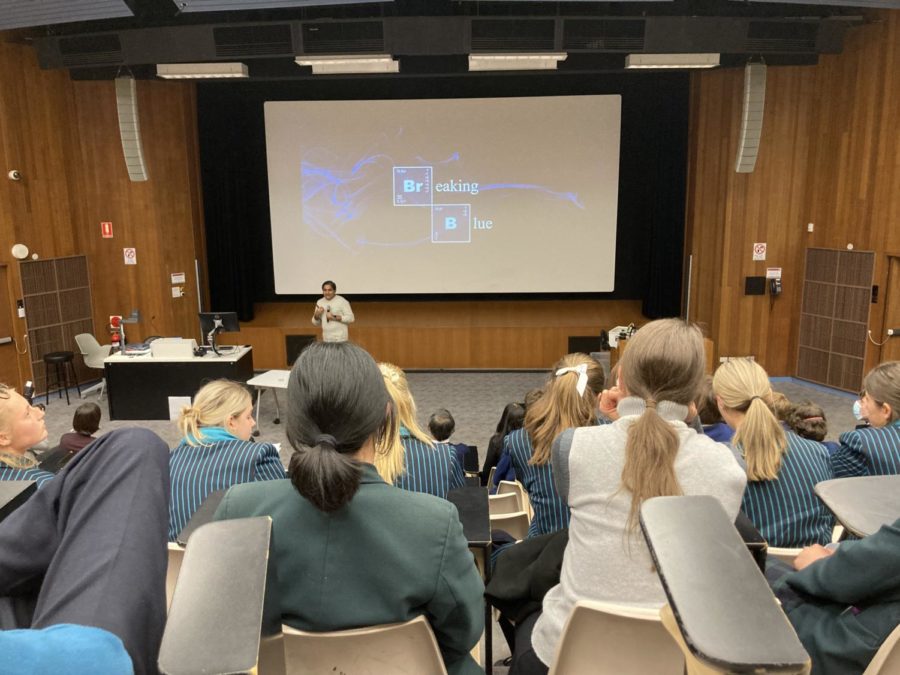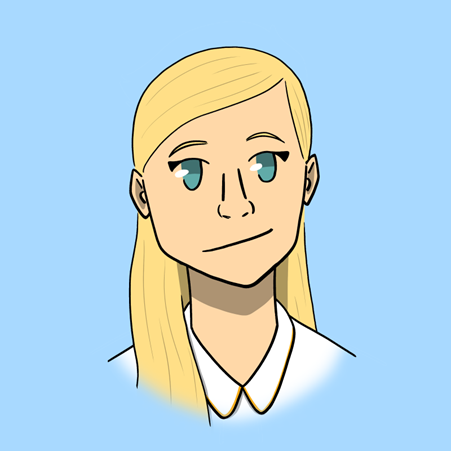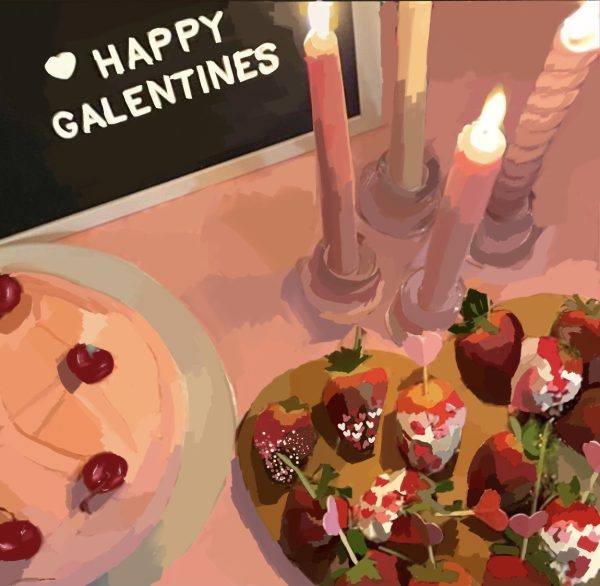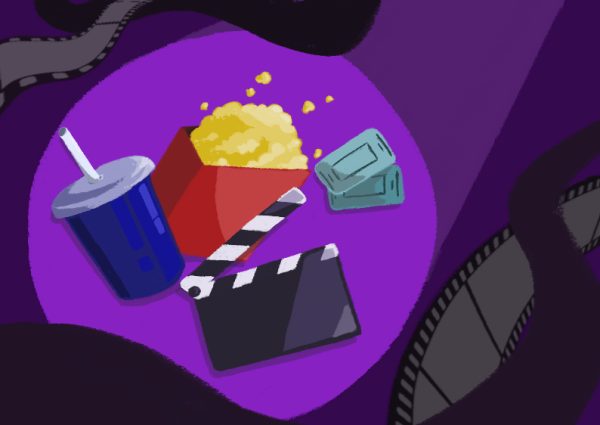Beautiful Work
September 16, 2022
Reflecting upon my 13 years as a student, much of my teenage experience was centred around getting the best grades possible – a cycle of sleep, eat, work, and repeat. I remember quite clearly my reluctance to do tasks, such as writing a 1000-word essay on Romeo & Juliet, doing it purely for the sake of pleasing the education system.
Yet, there’s so much to work than just grades – what if schoolwork, or even just work as a whole, was more than just ‘playing the game’ to get a good grade?
Work has so much potential to be beautiful – a metaphoric piece of art, if you will. In fact, work should have an audience extending beyond the marker – an audience to appreciate their efforts. Yet, it’s become so entwined in our classroom culture that we must only focus on grades, meaning the marker or the system is our only target. We’ve begun to lose, as a result, the aesthetic core of all our ideas – whether it be the original scientific research and maths solutions, or the eloquence and precision of a creative piece. Yet, when seeking this passion intentionally, beautiful work appears more than realised…
This only became apparent to me through my selection of the Science Extension course this year – a subject for Year 12s to pursue a scientific investigation of their own choice. Of course, this investigation would be graded as always, but there was so much more power behind each student’s creation.
The variety of investigations and works that came out of the course was wild – for some, biology projects took their interest, with Connor W conducting susceptibility tests on natural antibacterials, and Sharnavi S investigating the links between DNA methylation and individuals’ smoking statuses. For others, Earth and Environmental Science was more appealing, with Sarah S investigating the correlation between enterococci contamination, water quality and macro invertebrate taxa richness/sensitivity rating in the Grose River at Yarramundi.
One of our particular favourite works of art was Tim B’s testing on neuroblastomas, using a new drug to determine its effectiveness, (I must admit, they’re all made up of many fancy words beyond my understanding of these fields!). For me, I took the opportunity to pursue an astrophysics project, looking at the dark matter of a galaxy. The course was worth so much more – I felt I’d been granted the power to ultimately have a taste of what I hoped to be my future career. Throughout the year, I was able to visit universities, fully engaging in what real science is. The final report based upon the investigation became more than just an assessment task.
The course culminated in the opportunity to present and showcase our works to the public, through the Macquarie [Ex]plore Conference. For the occasion, our class developed posters to present their projects, with a couple of us even giving talks on them; opening the opportunity for us to express our passion for our works of art. Yet, this did not only open up an opportunity for our class to present our beautiful work – the experience opened up a new line of thinking for younger generations who came to watch, giving them a true insight into the wonders of the subject outside of completing a unit for HSC.
“Macquarie Uni’s explore conference was a great experience to be able to come along and get a feel for what science extension would look like. There were amazing works across the board from all the students – especially the impressive speeches from Liv and Tim from our school.” – James H, Year 10
As I reach my final days of high school, my only regret would be my lack of pursuit for beautiful work with a passion. My classroom should’ve instead been founded upon a unanimous quest for beauty, rather than the sole anxiety of being ranked intellectually based on assessment data. Once a student creates work of value for an authentic audience beyond the classroom, like how Science Extension encouraged me to do, that student is never the same. When you have done quality work, deeper work, you know you are always capable of doing more.













